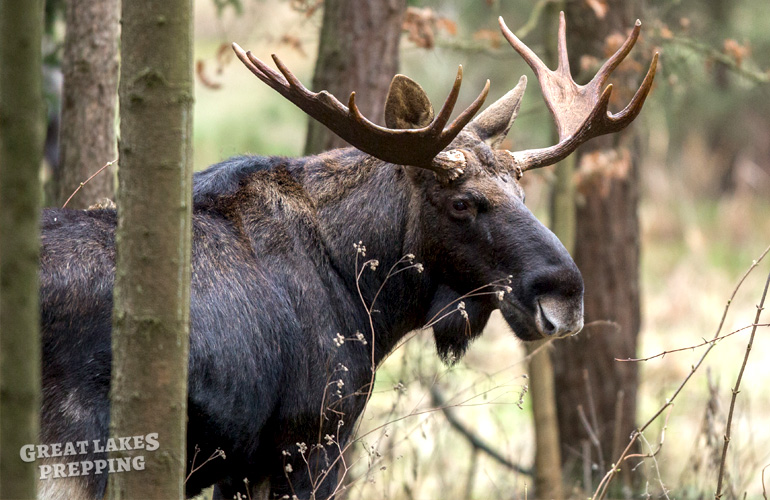10 Stupid Ways to Die in the Wilderness

The wilderness, with its untamed beauty and allure, has always been a magnet for adventurous souls seeking thrills and a connection with nature. However, it can also be an unforgiving and perilous environment, where lack of preparation and judgment can lead to tragic consequences. While some wilderness deaths are the result of unavoidable accidents or natural hazards, others have been caused by truly foolish decisions and actions. In this article, we explore some of the stupidest ways people have died in the wilderness, serving as cautionary tales for all outdoor enthusiasts.
- Taking Dangerous Selfies:
In the age of social media, people often risk their lives for that perfect selfie. Tragically, several individuals have lost their lives trying to capture daring pictures on precarious cliffs, unstable boulders, or dangerous water bodies. The desire to impress followers can cloud judgment and lead to fatal outcomes. - Underestimating Flash Floods:
A sudden downpour can quickly turn a peaceful creek into a raging torrent, catching hikers off-guard. Many have lost their lives when they underestimated the power of flash floods and attempted to cross swollen streams or rivers, only to be swept away by the force of the water. - Disregarding Wildlife Safety:
While encountering wildlife in the wilderness can be exhilarating, it can also be deadly if proper precautions are not taken. Ignoring warning signs and getting too close to dangerous animals like bears or bison has led to fatal attacks. In the wild, it’s essential to respect the space and behavior of wildlife. - Drinking Contaminated Water:
When venturing into the back country, clean drinking water is crucial for survival. However, some individuals have foolishly consumed water from unknown sources without properly filtering or treating it, leading to fatal waterborne illnesses. - Ignoring Trail Markings and Maps:
Navigational skills are vital in the wilderness, but some people choose to ignore marked trails or venture off the path without adequate preparation. This lack of direction has resulted in people becoming lost, disoriented, and tragically, dying from exposure or dehydration. - Attempting Treacherous Climbs Without Proper Gear:
The allure of scaling breathtaking peaks can be irresistible, but attempting dangerous climbs without proper equipment and training is a recipe for disaster. Many inexperienced climbers have lost their lives while taking on challenging routes without sufficient skills or gear. - Swimming in Unknown Waters:
Swimming in natural bodies of water can be refreshing, but it is not without risks. Several people have died after jumping into unfamiliar lakes, rivers, or quarries without assessing water depth or potential hazards lurking beneath the surface. - Playing with Fire:
Campfires are an essential part of camping, but carelessness with fire can be deadly. Numerous wildfires have been started due to abandoned campfires or fires not properly extinguished, leading to destruction of forests and loss of lives. - Relying on GPS Alone:
While GPS devices are valuable tools for navigation, they should never be solely relied upon. Battery failure, poor signal, or incorrect coordinates can lead hikers astray and into dangerous situations. - Not Respecting Wildlife:
Though it may be tempting for the unaware to get unnecessarily close to a wild animal, you’ll do so at your own risk. Wild animals like raccoons can carry rabies, which is an extremely life-threatening disease if you are bitten. Large animals like moose are not only dangerous if you strike them with your car, but will defend their territory with fatal results (and you will not win a fight against a 1,500 Lb bull moose!). Bear, bison, and wild horses will not think twice about trampling or mauling you if they feel scared or threatened.
While these stories may seem astonishing or absurd, they serve as grim reminders of the risks associated with venturing into the wilderness unprepared or with a lack of respect for nature’s power. To ensure a safe and enjoyable outdoor experience, always prioritize preparation, education, and safety. It is crucial to respect the environment, follow guidelines and warnings, and make responsible decisions when exploring the vast wonders of the wilderness.

